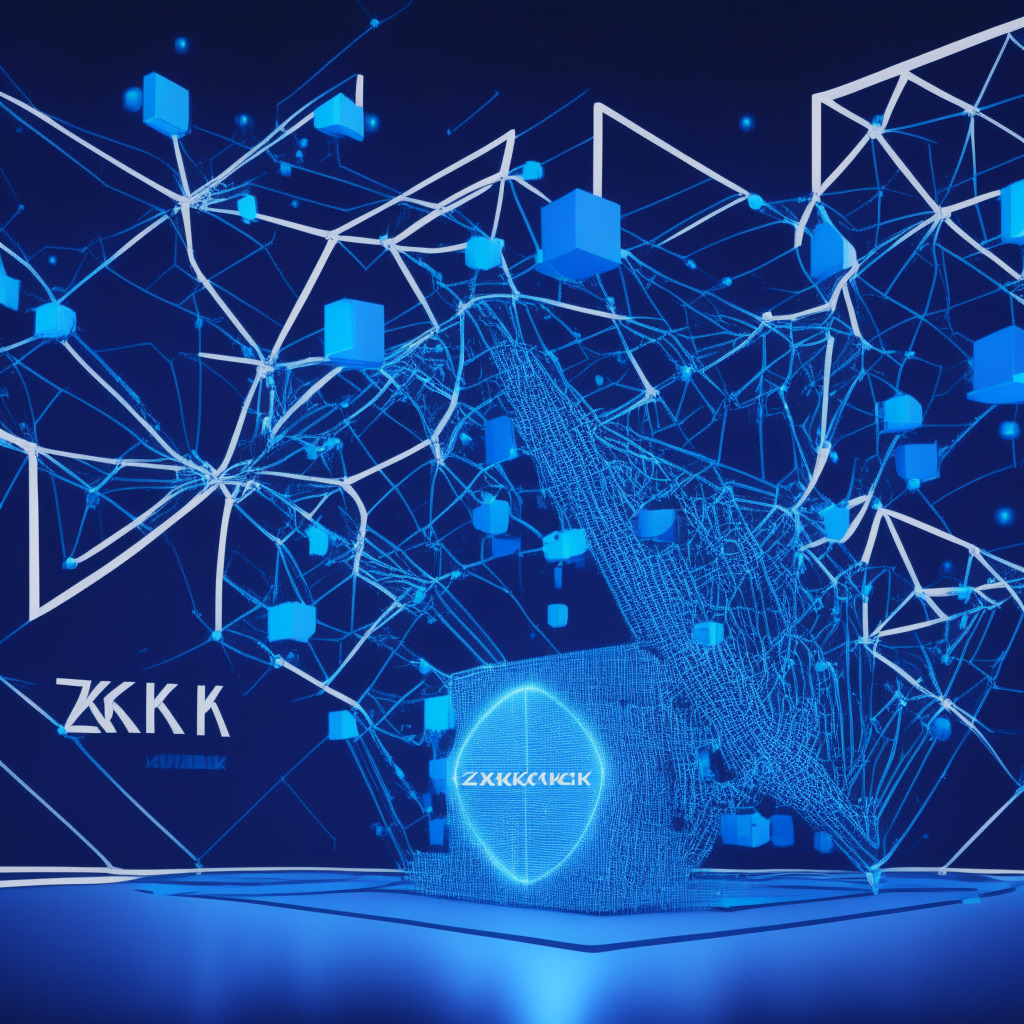In a recent keynote address at the Token2049 conference in Singapore, Polygon co-founder Sandeep Nailwal affirmed his belief in the power and future of zero-knowledge proof (ZK-proof) technology, the basis of his Ethereum scaling solution. This confidence emerged after his firm allocated a staggering $1 billion towards the development of this technology, a wager that’s reaping significant gains.
The internet of information (Web2) and the internet of value (Web3) can be eerily similar, as Nailwal pointed out. Their resemblance extends from unified scalability to transferability. However, for Web3 to ascend to a similar status, two main capabilities are needed – unbounded scalability and robust liquidity. Both these features imply a singular blockchain facilitating value transfer without obstruction.
Nailwal advocated the necessity of an aggregator or interoperability layer that merges ZK-proofs of different chains into a common stratum. He believes recursive ZK-proof technology is the key to unlocking this layer. It allows multiple blockchains to submit ZK-proofs of their state to an aggregator which then rolls these into the Ethereum network.
The potential benefits are staggering. Nailwal predicts that the time for cross-chain transactions could be reduced to a mere 4 to 5 seconds, equivalent to about a third of an Ethereum block time. It would give the impression of a single, cohesive blockchain.
Reflecting on these promising developments, the Polygon executive understands the importance of liquidity. He envisions high liquidity chains, such as Polygon’s zkEVM and proof-of-stake chain, providing vital value to applications. They can draw from this impunity even as larger layer 1 blockchain platforms show interest in leveraging this layer of interoperability for their benefit.
Polygon’s zkEVM beta launched on mainnet in March 2023, providing developers with an opportunity to deploy smart contracts and decentralized applications with high throughput and lower costs than Ethereum’s layer 1. The firm also recently unveiled its Chain Development Kit, enabling developers to design, customize, and implement Layer 2 chains linked to the wider Ethereum ecosystem.
In sum, Nailwal’s $1 billion bet on ZK-Rollups seems to be paying off handsomely. It is indeed an insightful allegory of how the blockchain world evolves. The concept of a seamless, interoperable blockchain ecosystem powered by recursive ZK-proof technology appears closer to reality than ever before, as demonstrated by Polygon’s initiatives. One may wonder if this is the blueprint all blockchain developers should follow. Only time will tell if this becomes the new norm.
Source: Cointelegraph




